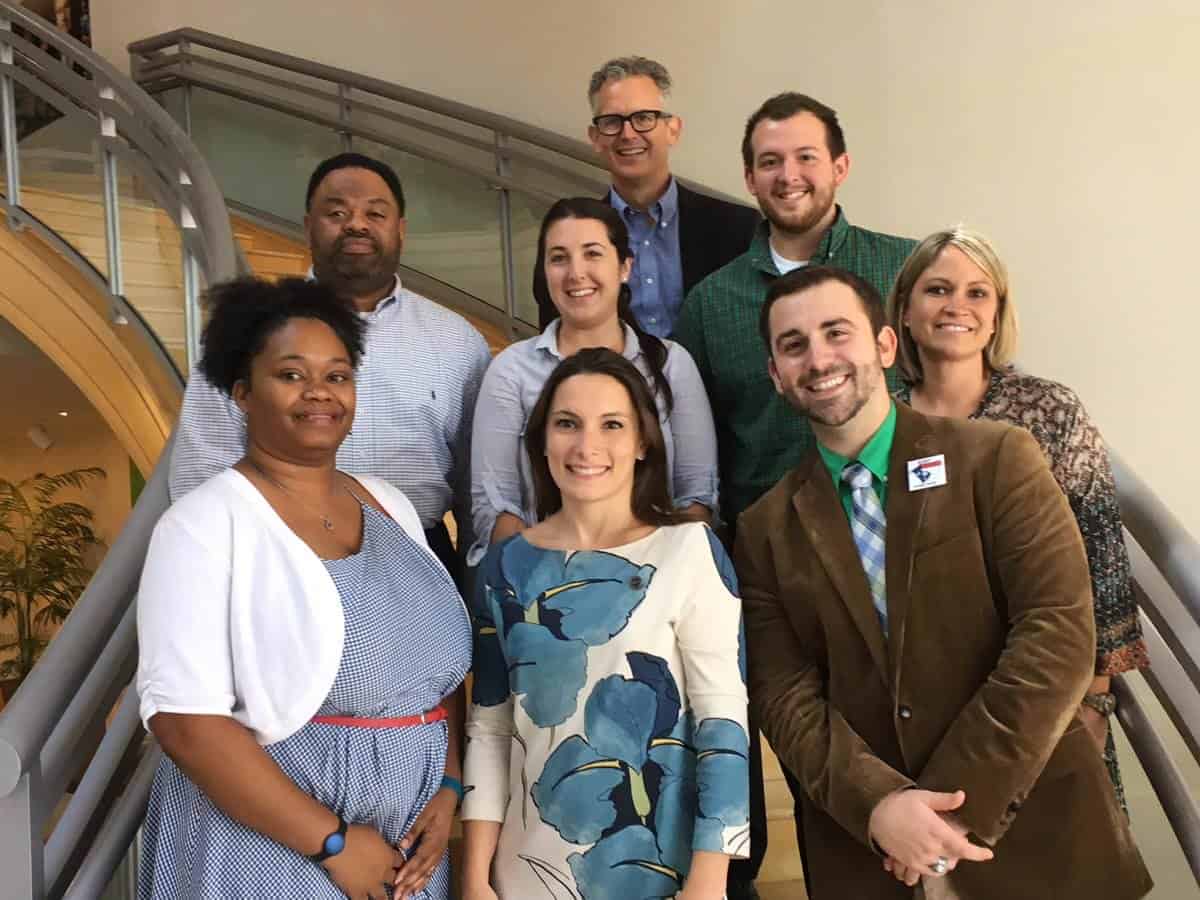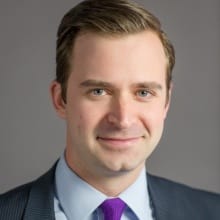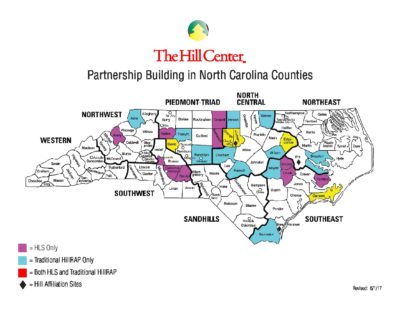Round tables with white linens dot the conference room inside Charlotte’s Levine Museum of the New South. Dozens of teachers in business clothes mingle, sipping coffee and rooting through paper “swag bags” of goodies. It is early; a few people yawn.
As they take their seats, the educators are eager to hear from the presenters at this professional development conference. Many of the speakers, they know, are just like them.
The weekend-long seminar is called Elevating and Celebrating Effective Teachers and Teaching (ECET2) and, like a growing number of professional development programs in our state, it is run by teachers.
“Every single facilitator was a current classroom teacher,” recalls Lauren Piner, a high school history teacher in Pitt County who attended the workshop. That experience is notably different from most enrichment programs she has encountered in her six years of teaching. “More often than not, PD facilitators are administrators, instructional coaches, or central office personnel,” she said. “They are education professionals but are removed from the everyday classroom experience.”
ECET2 participants say they felt more comfortable with fellow teachers who experience similar situations in their own classrooms. Attendees are sorted into “colleague circles,” which are small groups that interact throughout the duration of the workshop.
“It ultimately becomes something like a family over the course of the experience,” said social studies teacher Jordan Hohm. “These are your people—they’re the people with whom you process and problem solve.”
As with other professional development models, teachers say ECET2’s greatest strength is the opportunity to interact with educators from across the state in what Piner calls “a non-threatening, collaborative spirit of true networking.”
“It was about identifying personal areas we wanted to work on, brainstorming, and creating strategies to alleviate or solve our problems of practice,” she said.
The project is funded by a Gates Foundation grant that allows organizers to pay for teachers’ food, lodging, and programming costs. Last year, about 100 teachers from North Carolina and South Carolina attended. In addition to sessions about classroom issues such as planning and technology, there were also panels designed to empower teachers to use their voices to implement systems change. ECET2’s theme last year was “Together We Can.”
“It was centered on engaging those who actually make the changes and becoming a change-maker yourself,” said Lauren Genesky, a high school English teacher in Raleigh. “There was time to reflect and think about how to implement whatever you learned.”
Organizers—three Hope Street Group Fellows—have received additional grant funding to continue ECET2 this fall, and have already started planning the conference. They plan to serve about 100 teachers again this year, but from only North Carolina school districts. The conference’s main theme will focus on how veteran teachers can be effective mentors for beginning teachers.
Program planners want to host two follow-up sessions—one in the eastern part of the state and another somewhere in the western piedmont—for teachers to reconvene and share what strategies from ECET2 have worked, and what challenges have emerged since the workshop.
“We just don’t see teachers have enough opportunities to say, ‘Hey, this is how I need support’ or ‘I want some advice,’” said ECET2 leader Joanna Schimizzi, a biology teacher for the North Carolina Virtual Public School and a former Charlotte-Mecklenburg Schools teacher.
Given the reduction in state funding for professional development, the uncertainty about federal support, and the competing demands for district-led programming, teacher-led training might be the new reality for how educators enrich their practices.
Schimizzi agrees that teacher-led professional development is becoming more common, and it is important because it empowers those educators, making them more likely to act as leaders in their own schools. But she says teacher-led enrichment should not supplant district- or state-led programming. School systems, or the Department of Public Instruction, can look at identify needs at the macro level in a more thoughtful and strategic way than small groups of teachers can.
“They can look at the trends and say, ‘Hey, as a group we need to address X, Y, or Z across our district,” Schimizzi said. “One can’t supplant the other. I think districts should really be thinking about what they can offer teachers that is unexpected to them but also give teachers the opportunity to say, ‘Well this is what I want to learn.’”
As she and her colleagues work to plan this year’s ECET2 convening, set for late October, Schimizzi often reflects on the programming that she participated in during her time as a CMS teacher, especially early in her career.
“One of the most challenging things,” she said, “is getting teachers to know what they don’t know.
“The best PD I’ve been in has been when I’ve built a relationship with the person leading it, I’ve built relationships with the other people in it. We supported each other, we wanted to see each other grow, not just for ourselves but really for our students.”



